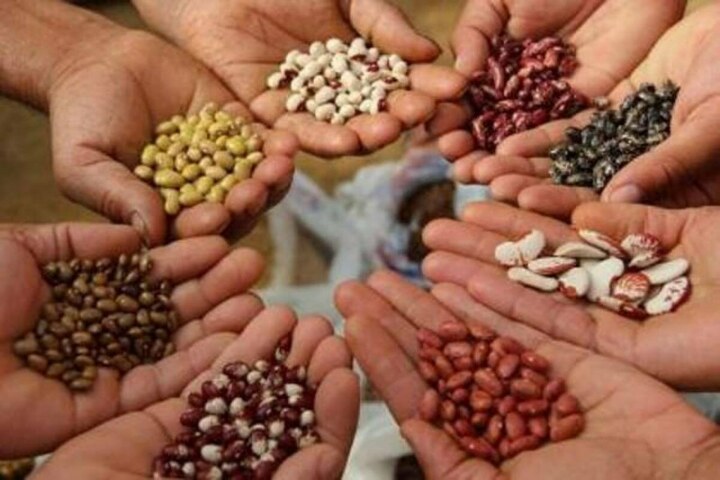NATHIA GALI: The Federal Seed Certification & Registration Department has made local production of imported varieties and hybrids compulsory to minimize country’s reliance on seed imports of various crops, which currently stands at Rs 50 billion per annum.
As per the directives, after receiving official permission, companies must produce at least 50% of a seed variety/hybrid locally within the next five years.
Last year, Pakistan imported 70,000 metric tons of seed of different crops including 13-14,000 metric tons of maize, 10,000 metric tons of rice, 14-15,000 metric tons of potato and other crops.
“This will not only relieve pressure on our foreign exchange reserves, but it will also generate revenue for the country,” said Director General Federal Seed Certification & Registration Department Muhammad Azam Khan.
While addressing the workshop on “challenges in agriculture and role of modern technologies” arranged by the CropLife Pakistan and Agriculture Journalists Association (AJA) Lahore jointly, Azam Khan further said that the department had introduced fast-track approval and introduction of new varieties to boost per acre yield in the country.
He said that any promising variety or variety with novel technology could be introduced to the farmers within one year of its development. Breeders/ Companies/ Institutes could introduce their variety during the same year of approval (as they can start seed increase/ multiplication during the testing year under the supervision of FSC&RD), he added.
For the confidence building of the public/private breeders, the government also made DNA profiling mandatory for registration and compulsory for enlistment. The FSC&RD would also keep a soft copy of the DNA profiling so as to avoid piracy. Similarly, the Department was also in the process of establishing Morphological and Molecular databases of existing varieties to determine rightful owners.
The FSC&RD DG also showed a documentary on this occasion explaining the Management Information System (MIS) launched providing SMS integration and RoboCalls with mobile networks for verification of any seed. Around 110 FSC&RD users, 915 Seed companies, 172 Research Institutes/Breeders and 10,000 seed dealers are currently using this MIS system.
Azam said earlier, that any new variety was allowed after two years of consecutive cropping season but if breeders bring forward a variety which had a quantum jump in the yield or had resistance against any disease that could be allowed after a single cropping season for seed multiplication. He said 3rd party evaluation of seed companies was also in progress to make things transparent. Similarly, reforms had also been introduced to trigger the establishment of internal quality control mechanisms by the companies.
Explaining the audit benefits, he disclosed that last year the department delisted 140 companies and may be delisted after the new audit is carried out. Earlier, CropLife Pakistan DG Rashid Ahmed threw light on his organization and its mission. He said they were working in 91 countries and aiming to help farmers grow sufficient amounts of food for a growing population through access to innovative technology.
Copyright Business Recorder, 2023

Source: Brecorder




























